The 12 Types of Internet Marketing Strategies Explained

There are a bunch of different types of digital marketing, which I ran down in an article I wrote a while back. Some of those forms of marketing aren't accessible to many kinds of businesses, though, and many companies will choose to focus specifically on the kinds of marketing they can use on the internet without other accessories, tools, or highly limited audiences. So, what are these different kinds of internet marketing strategies? I've put together a similar rundown of a dozen of them here.
Internet Marketing Vs. Digital Marketing
First, let's start by defining the boundaries. What's the difference between internet marketing strategies and digital marketing strategies? Well, in my previous post on the subject, I defined digital marketing as "all marketing that involves a digital device" rather than non-digital formats. Things like blogging, video, radio, VR/AR, and so on are all digital formats, but something like mass mailers, event sponsorships, and print advertising are not digital marketing.
For internet marketing, we narrow things down further to marketing using internet tools or platforms. Once again, we have things like blogging and video as internet marketing, but we tighten the definition to exclude things like TV (though video is still there), radio (though PPC on online radio can work), and VR/AR (though paid ads in online apps can still count.)
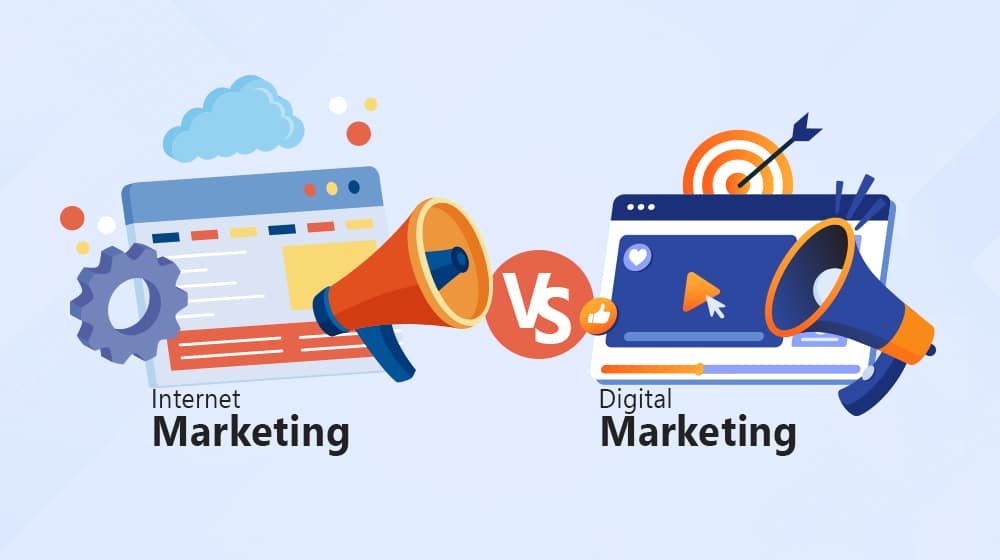
You can see how the lines can get blurred, especially in today's modern Internet of Things era. When your fridge can display an ad for a food item you're running out of, and your toaster can click affiliate links, it can be hard to say what is and isn't online. So, I'm working from a more traditional standpoint. Sure, you might be able to pick up Fridge Advertising, but the audience is so limited and the techniques are so specific that most of my readers can't capitalize on it.
Here's my pared-down list of internet marketing strategies, what they involve, and where you can learn more about them.
1: Content Marketing
In online marketing circles, it's often said that content is king. Modern search engines rely on content published on websites to index and identify what those websites are about, how in-depth and relevant their content is, and how to serve the right kinds of results to the right kinds of queries. The days of simple keyword optimization are long behind us, and it's now all about lengthy, high-quality content.
I do believe we're due for a sea change in how content marketing works, especially with growing dissatisfaction with Google's search results and the proliferation of AI-generated and templated content that doesn't actually hold any value. It strongly reminds me of the 2006-2010 era, where one query shows you dozens of results that all have more or less identical content, none of which is worth a damn. We'll see what kind of shake-up happens when it happens.

To learn more about content marketing, you've come to the right place. It's my specialty, it's what I do, and it's what I help other people learn to do as well. Check out:
- The 21 different types of content marketing
- 20 examples of content marketing with learnable lessons
- A rundown of the services I can provide in content marketing
2: Search Engine Optimization
If content marketing is a truck driving your products to delivery, SEO is the mechanics of how the engine, drive train, and navigation systems all work. Content marketing wouldn't work without SEO, and SEO needs content marketing as a framework on which to build.
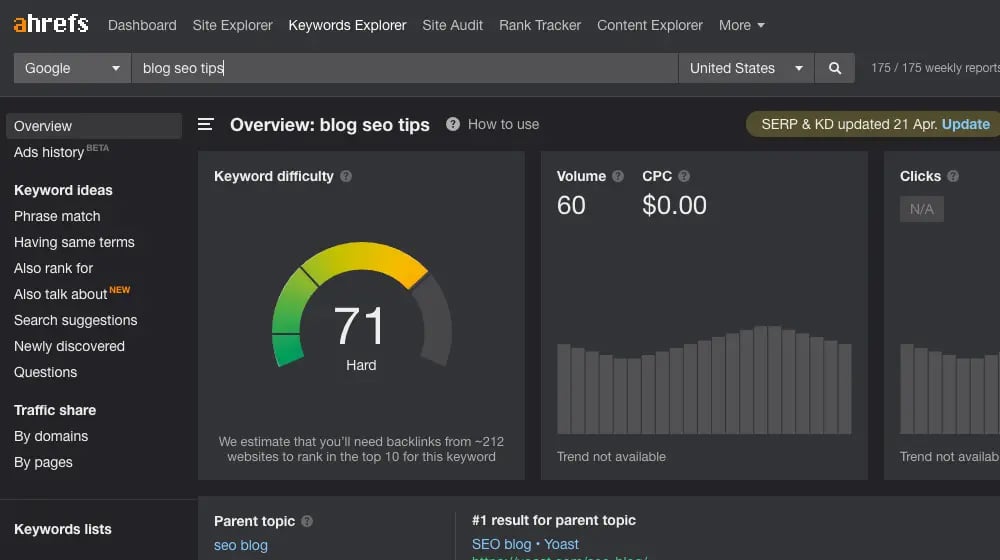
SEO is all of the little mechanics and techniques that combine to take a piece of content from "just some words" to an optimized, high-quality piece of relevant content that users want to read and absorb. It's everything from keyword usage to link building to meta data and more. Hundreds of factors combine into SEO.
- 20 tips to improve the user experience of your website
- 40 actionable tips for optimizing your blog's SEO
- The difference between general SEO and technical SEO
3: Affiliate/Referral Marketing
Affiliate and referral marketing are similar. They both operate on the same concept: You get someone else to do your advertising for you, and when they send a customer your way, you give them a cut of the sale. The biggest difference is who you're paying. With affiliate marketing, anyone can come along and sign up (as long as they meet your criteria), and they do marketing for you. Generally, these people are bloggers who want to monetize their sites. Referral marketing, meanwhile, is usually your customers; you're giving customers store credit, discounts, or other incentives to refer their friends, family, and others.
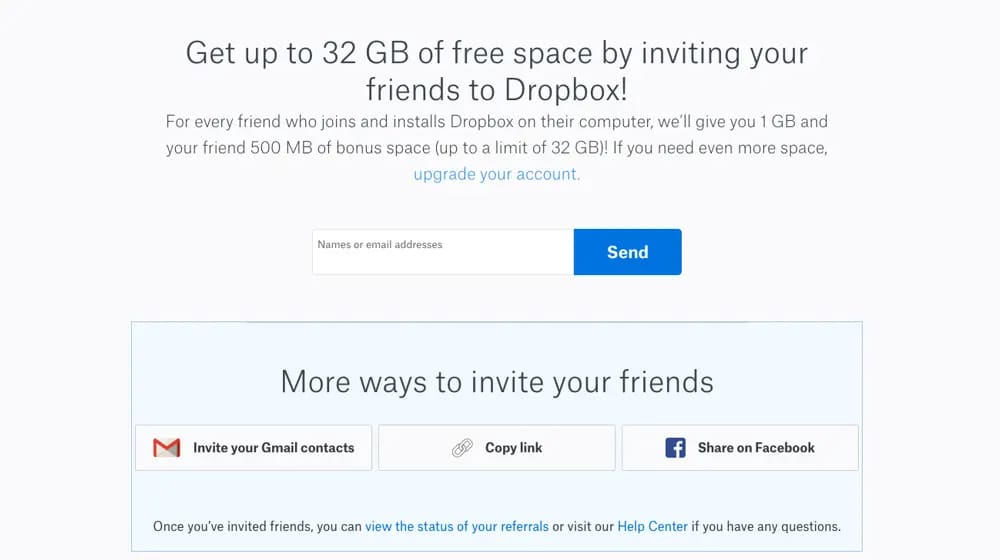
This is one of several different user-focused marketing channels where rather than interfacing between you and search engines, it's interfacing between you and other people. It's much less automated, much more variable, and potentially much more effective if you get the right people on your team.
- The best affiliate and referral plugins for Shopify sites
- Advice on how to grow an affiliate website
- How to add an affiliate disclaimer to every post automatically
4: Video Marketing
Online video is huge, from multiple-hour-long video essays on YouTube to 12-second TikTok challenge videos. Learning how to use video both organically and as paid video advertising is a huge part of modern internet marketing success.
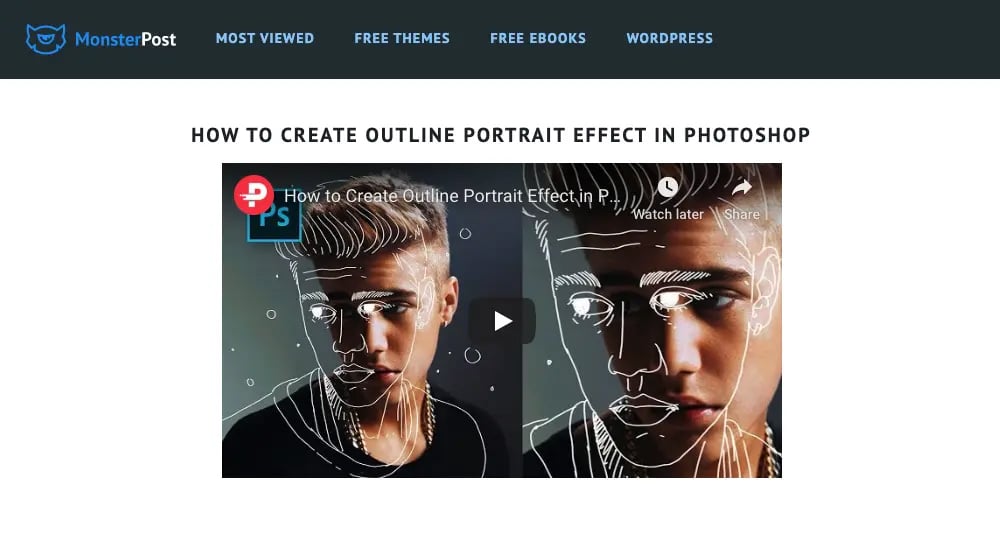
Video is easier to create than it has ever been before. This is great news if you want to dip your toes into the industry because all you really need is a decent mic and camera, a bit of software, and a scriptwriter. Unfortunately, it's also a drawback because it means there are millions of people competing with you instead of just a few thousand. It can be very lucrative if you pull it off, but the challenge level is high.
- A blogger's guide on using video to boost rankings
- An analysis of different kinds of YouTube ads
- The truth of whether or not embedded video is a ranking factor
Have you folks heard of this new "social media" thing? I think it's gonna be something big!
Facetiousness aside, social media has easily dominated society over the last few decades, for good and for ill. The well-established players are starting to decline as generational shifts in interest move away from "mom and dad's Facebook" to the new hotness of things like TikTok; meanwhile, Elon, driving Twitter into the ground, is promoting a variety of Twitter alternatives like Bluesky, Cohost, and Mastodon. Figuring out which ones will hit the big time and getting in early for advertising will be a great opportunity any day now.

Meanwhile, using existing social media platforms for advertising, including Facebook, LinkedIn, and Instagram, can still be valuable. There's a lot of opportunity out there; even if Facebook loses a million users, that's chump change for a site with billions, right?
- How much it costs to outsource social media marketing
- How to optimize your blog content for social sharing
- Which is a better use of effort: blogging or social media?
6: Pay-Per-Click Advertising
Did you know that money can be exchanged for goods and services? It's true! Perhaps the clearest and most straightforward way of marketing online is paid marketing, where you trade money for visitors or for specific actions taken by those visitors. Whether you're doing pay-per-views, pay-per-actions, pay-per-clicks, or something else, it's all the same concept: you want something, and you pay to get it.
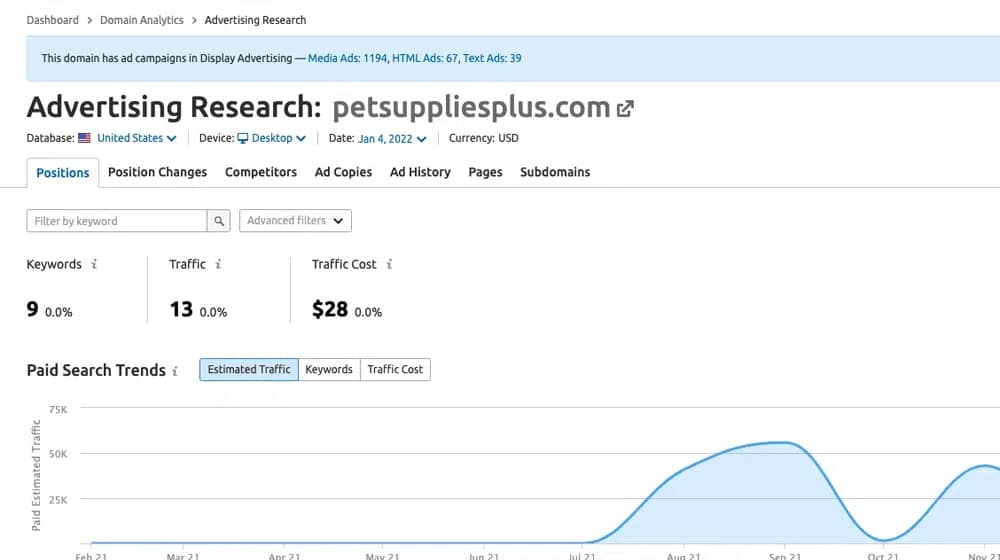
There's a ton of nuance to pay-per-click advertising, which is why I've written a ton about it. Check out posts like:
- Data about the average PPC conversion rates
- A deep dive into targeting options for brand awareness ads
- A list of platforms to use to diversify your PPC marketing
7: Email Marketing
I often say that email is one of the most valuable channels you can invest in for marketing. Why? It's just about the only channel that can't be taken away from you. If you rely on Facebook ads and Facebook bans you, what then? If you rely on content marketing and Google deindexes you, now what? If you rely on email, you can't be de-platformed nearly as easily. Sure, the email providers can put you on the denylist, but they only do that for egregious spammers.
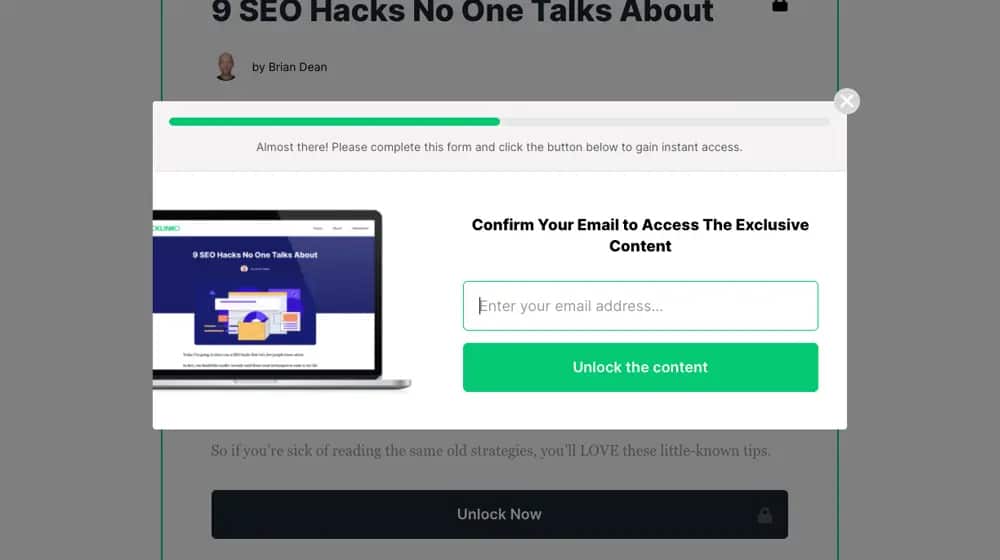
Email marketing is also very personal and comes with the default assumption that the people on your list want to be there. A double opt-in screening process ensures that. Various kinds of drip marketing campaigns can make email a very useful channel. Give it a try if you haven't!
- 20 tools to make landing pages for harvesting emails
- 15 tools to use for managing email newsletters
- Tips and techniques for using blogging to grow your mailing list
8: Influencer Marketing and Networking
Up above, I mentioned affiliate marketing and referral marketing as ways to get people online to do the marketing dirty work for you. Influencer marketing is similar, but instead of some rando with a blog, it's someone who has influence, clout, and name recognition of their own. Writ large, you see this with celebrity sponsorships for products on TV; on the internet, it's usually models, lifestyle bloggers, and other people whose whole claim to fame is being famous.
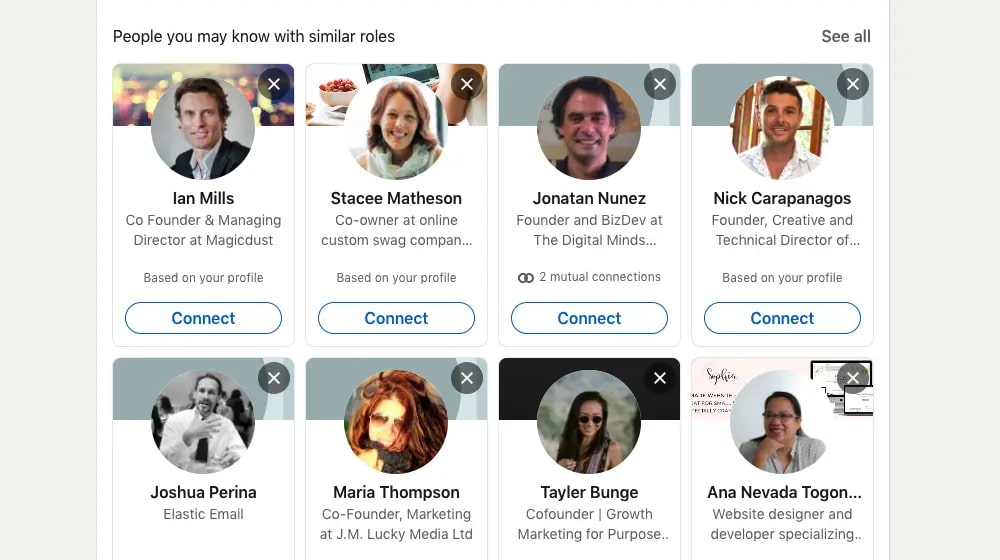
The way it works is pretty simple. You talk to the influencers, you get them to promote your product or just post about using it or having it on hand, and you reap the rewards. Usually, you pay for it, but you might be able to get away with free products or memberships instead. It can be overt or covert, disclosed or not; just make sure to do it the right way.
- 50 ways to promote a blog post, including influencer marketing
- How to become and work with LinkedIn influencers
- Using social media indirectly through influencers
9: White Label and Partnership Marketing
White label marketing is a kind of marketing you can do for specific kinds of products but not others. For example, a box of cereal can be white labeled as the "store brand" for a bunch of different stores. A web app can be rebranded and resold as white label.
White label generally means you sell to another company, who slaps their own logo on the product and pretends it's their own. You get money out of the deal, and they do all the work of providing support, marketing, and more. It's great if you can land it.
- Creative ways to generate leads, including white label marketing
- The ultimate guide to marketing distribution channels
- Using Rank Math for white label reports and more
10: Podcast Marketing
Podcasts are in a weird place. The average user's attention span is pretty low these days, so sitting down to listen to an entire blog post can be a daunting idea. On the other hand, it's an excellent way for the more driven folks out there to cram more learning into places they otherwise couldn't, like the commute to and from work.
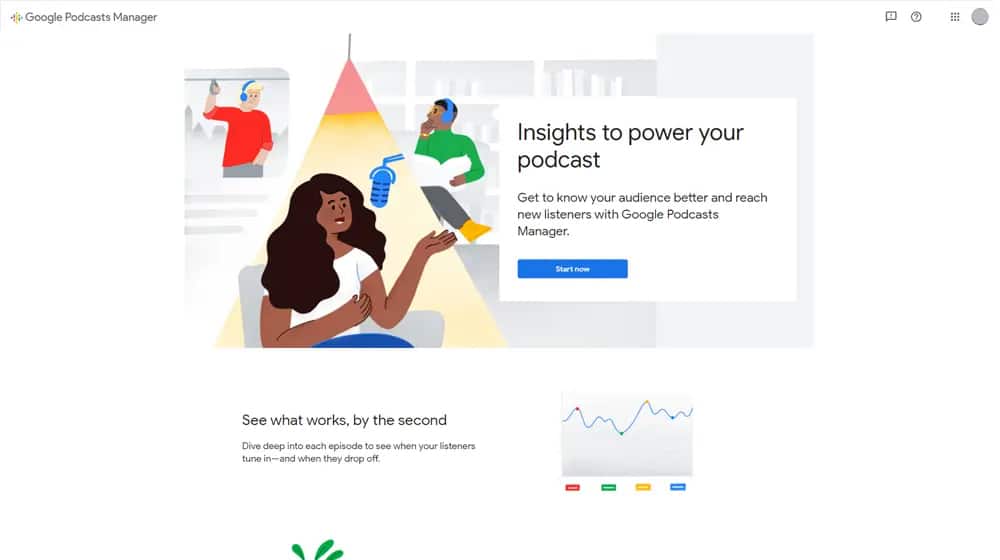
Podcasts have their niche, and they can catch on and explode, so they can be a good thing to passively use until they work. Luckily, it's relatively easy to set up a podcast – even easier than video – since all you really need is a mic, audio software, and time. You can even do it automatically, though that has some drawbacks.
- A step-by-step guide to creating a podcast
- An automated way to convert blog posts into podcasts
- A huge list of directories to send your podcast to
11: Link Bait Marketing
Link bait marketing is a form of content marketing. The idea is to create some kind of evergreen resource matching or exceeding the best of what exists in the niche. One of the most effective I've seen is the Backlinko list of Google search ranking factors, which I've linked to dozens of times before. It's a comprehensive guide to what goes into Google's algorithm, which means basically every single marketer out there has a reason to link to it, share it, and read it.
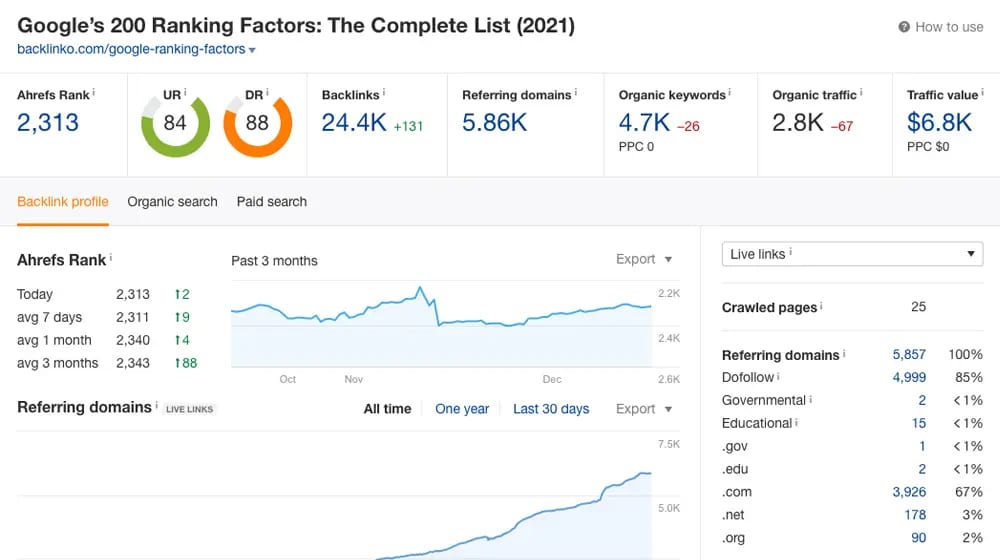
That's the goal: create an excellent resource that everyone else will find valuable and will link to. Those links are valuable, and keeping the content up to date is easy once you have the main post down.
- How to find great topic ideas for link bait posts
- How to create and use link bait posts
- How to refresh and update older content to keep it relevant
12: Reputation Management
Reputation management is a huge part of modern marketing, especially now that people associate brands with their political and social alignments. Building a positive reputation, staying away from and avoiding scandals, and repairing damage done by irate customers; it's all an industry unto itself. Believe it or not, it's all a form of marketing as well.
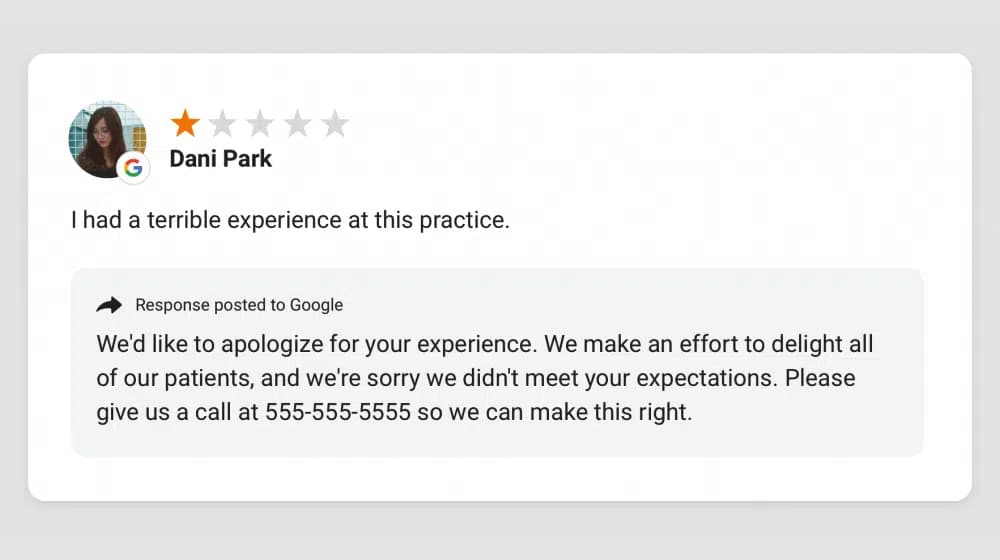
You can do this reactively by monitoring review sites and proactively by soliciting testimonials and more.
- Protecting your reputation by fact-checking content
- Growing your reputation through features on other sites
- 15 ways to get more testimonials from clients and customers
So, there you have it: a dozen different channels for internet marketing, all of which you can make use of from the comfort of your home or office. There's a ton of further reading here, so check it out, and if you have any questions, drop me a line!




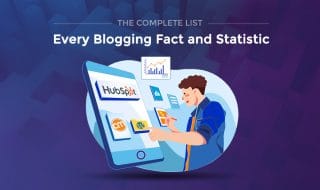





Comments